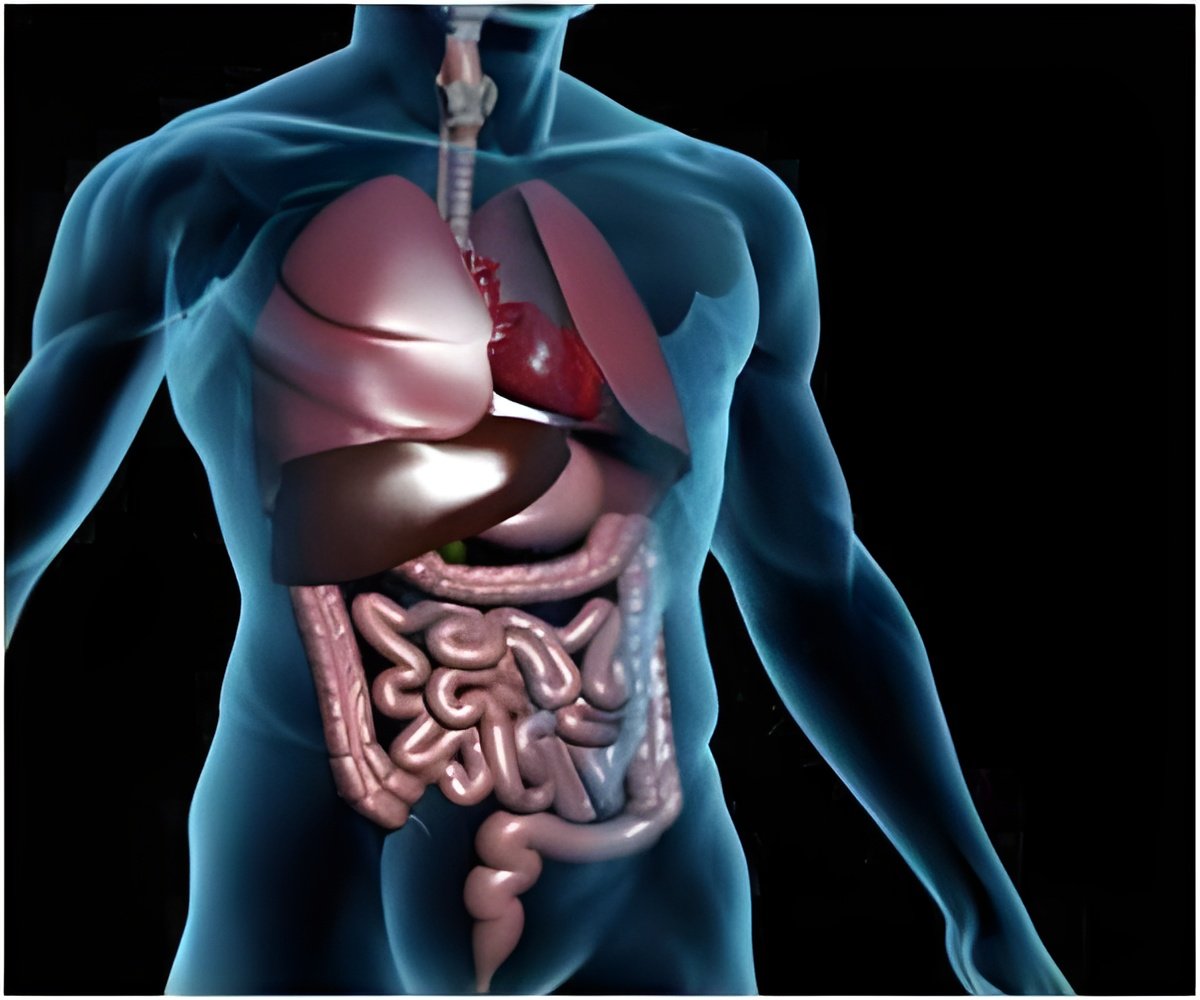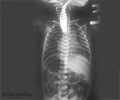Until now there has been no way of predicting the benefit of Avastin, or Bevacizumab, in bowel cancer although it has been shown to increase survival.

VEGF165 helps cancers to grow new blood vessels, so they can get food and oxygen from the blood - all cancers need a blood supply to be able to survive and grow. Its sister protein, VEGF165b, has the opposite effect and acts as a brake on this growth.
Cancer Research UK funded scientists at the University of Bristol looked at the effect Avastin had on patients with different levels of VEGF165b and compared this with patients who were not given the drug at all.
Those with low levels of VEGF165b survived three months longer without the disease progressing compared to patients not treated with Avastin. But patients with higher levels of the protein saw no benefit from Avastin and survived no longer than as those who were not given the drug.
Avastin blocks both forms of VEGF-A, so in patients with lower levels of VEGF165b more Avastin may be available to block the blood vessel promoting protein VEGF165, eventually starving the cancer.
Professor David Bates, lead researcher from the University of Bristol's School of Physiology and Pharmacology, said: "Avastin has shown great potential for a minority of people with bowel cancer, but it's been impossible to predict who will benefit from the drug. Currently, Avastin is not approved by NICE for patients with advanced bowel cancer because they feel that the benefit to an unknown minority of patients does not justify the cost of treatment.
Advertisement
Bowel cancer is the third most common cancer in the UK with around 41,000 people diagnosed each year. Survival rates have doubled over the last 40 years but 16,000 people still die from the disease.
Advertisement
Source-Eurekalert















